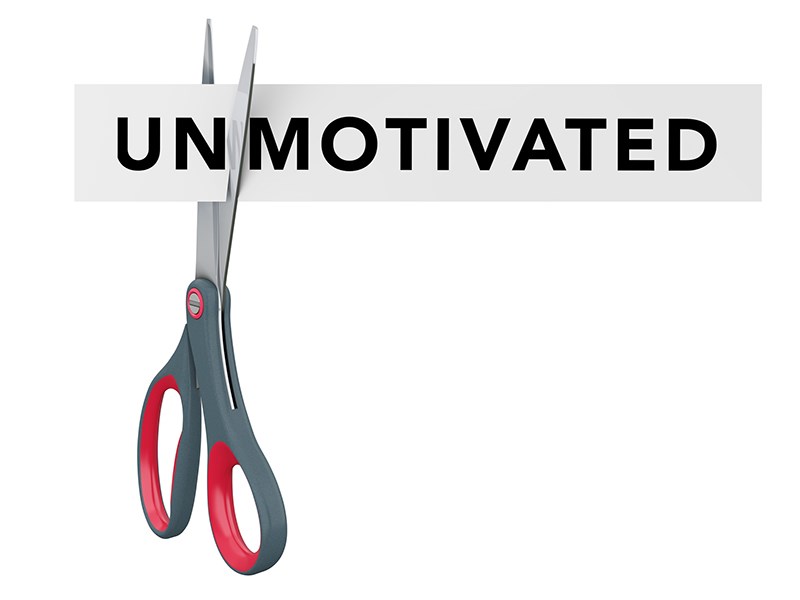This column, on the topic of procrastination and motivation, was due last week. I missed the deadline.
Although, I would like to say my lateness was an intentional act to make my words more authentic, or, have any good excuse, at all. But, there isn’t one. I lacked sufficient motivation and, like many of us, I procrastinated.
At some point, procrastination can morph from a casual and seemingly innocuous act, like binge-watching a television show instead of writing an article (just a random example), into a self-sabotaging pathology of inactivity leading to, potentially, a state of depression.
Not to say there isn’t an important place for sad feelings, or even forms of depression, in life. In fact, grief is an essential part of being human and healthy.
In his bestselling book: The Noonday Demon An Atlas of Depression, Andrew Solomon poignantly wrote,“Grief is depression in proportion to circumstance; depression is grief out of proportion to circumstance.”
When kept in perspective, grief is essential to healing and health.
In terms of depression when it becomes a problem, it’s uncertain which is the chicken and which is the egg: procrastination or depression. However, it is certain that together they have a parasitic effect on mental health.
Similar to a mosquito that begins as an annoying pest at a picnic, then becomes a life-threatening disease like malaria, the best way to achieve and maintain a healthy outlook is to address the issue of procrastination when it first appears; eliminate the mosquito before it has a chance to become a fatal fever.
How can we muster energy to self-motivate ourselves into action when procrastination heavily looms in the air?
Motivation can be defined as the reason (or reasons) why we do things, or act a certain way. Psychologists place motivation into two main groups: intrinsic or extrinsic motivation.
Intrinsic motivations are without external rewards. Instead, intrinsic motivation has internal causes like enjoying the thrill and challenge of a sport or puzzle. Whereas, extrinsic motivation is external, for example, money or praise or, even a desire to avoid punishment.
If my motivation for finally sitting at my desk and writing this article is to become better at the craft of writing and communicate my story in hope of helping others, it would be an intrinsic motivation. If the cause for my motivation was to be compensated financially and receive praise, it would be extrinsic.
Either type of motivation would have a good result for me: the completion of my task. So, in that sense, both types are equally useful and have benefits. However, intrinsic motivations tend to bring about longer-lasting changes, whereas, extrinsic motivation can be instantaneous.
In my experience, when procrastination begins to linger like an unwanted houseguest, whatever form self-motivation takes can be an effective tool to inspire action. Once a feeling of accomplishment is experienced, even in a small sense, motivation becomes a movement that is a rewarding experience in itself, that inspires more motivation, and so on.
Robert Skender is a Powell River freelance writer and health commentator.



